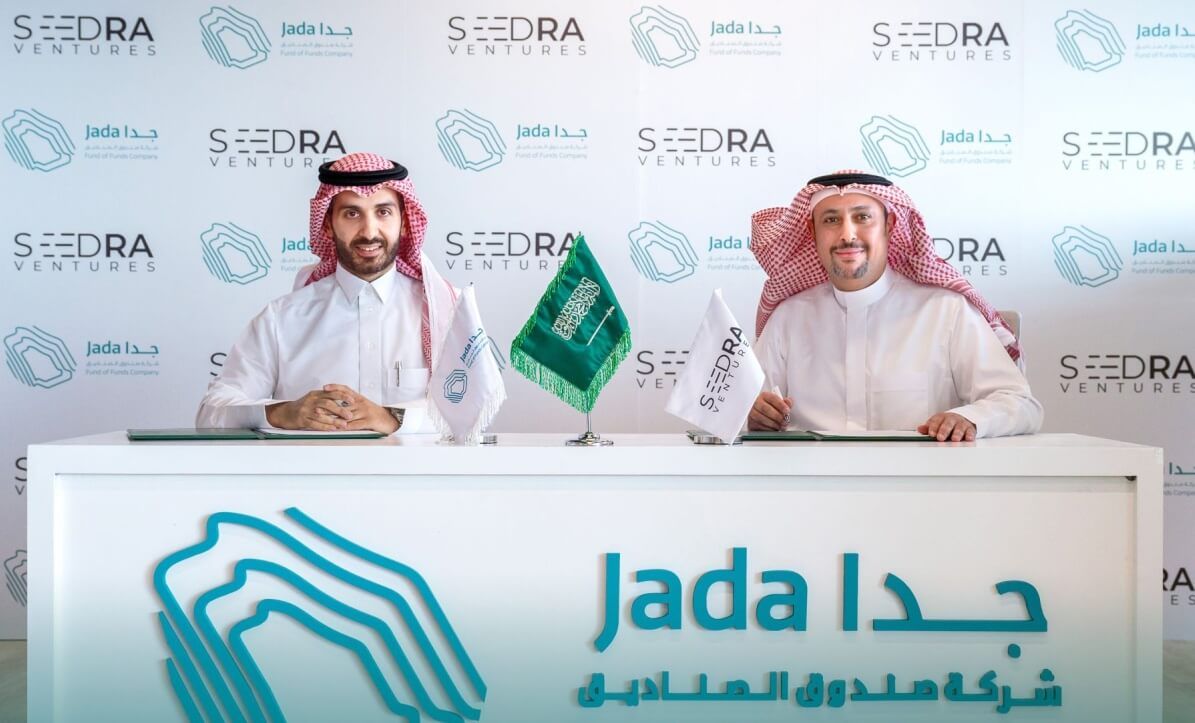Political shifts will not slow green economy momentum

https://arab.news/2x3nb
The relationship between climate policy and economic priorities continues to shape the future of sustainability in a world striving to address global warming.
Recent major global political shifts will alter climate policies and affect actions undertaken by governments, but they won’t stop the long-term momentum of the green economy juggernaut.
It is, however, essential to understand how these changes in policy will impact sustainable development and international climate initiatives.
In recent years, climate policy has taken various approaches to balance traditional energy sectors with renewable energy investments.
Policy shifts like those expected from the next Donald Trump administration could expand fossil fuel extraction and reduce support for renewables for short-term gains.
This could dampen investments in clean energy and complicate progress toward national and international climate goals.
A sharp and most likely short term change in policy like this highlights the need for resilient strategies to maintain forward momentum in renewable energy adoption and sustainable practices.
In the US, changes to climate policies could initially cause delays or even the suspension of renewable energy projects, accompanied by a shift in focus toward fossil fuels.
Moreover, subsidies and incentives for the green sector might be redirected, delaying critical advancements in the green economy. Increased reliance on fossil fuels could hinder emissions reduction goals and the economic case for transitioning to renewables.
The hope for a thriving green economy may face challenges during periods of economic uncertainty, particularly for companies dependent on government funding for green projects.
Any reduction in government support could erode investor confidence, slowing the progress of renewable energy initiatives.
However, major liberal American states like California, along with the private sector, are likely to continue developing sustainable practices regardless of changes at federal level.
This distinction between federal challenges and state-led or market-driven green investments highlights the multifaceted nature of climate action in a large country like the US.
On the international stage, changes to key climate policies can create a ripple effect.
The future of the green economy hinges on managing energy transitions effectively, balancing short-term economic considerations with long-term environmental imperatives.
Majed Al-Qatari
For instance, the EU, with its ambitious Green Deal initiative and emissions trading schemes, remains committed to producing net-zero greenhouse gases by 2050. It has invested heavily in renewable energy sources and sustainable development frameworks, underscoring the importance of long-term climate goals.
Any shifts away from clean energy by Europe’s global partners could create new dynamics in trade and climate cooperation. However, Europe’s resolve to lead in sustainability initiatives ensures that progress will continue — with or without alignment with the US.
In the Middle East, nations like Saudi Arabia have shown leadership in green initiatives through frameworks such as Vision 2030 and the Saudi Green Initiative.
These programs leverage the region’s high solar energy potential to achieve broader green economy objectives. And while international collaboration amplifies these efforts, regional leaders remain determined to advance sustainable development as part of economic diversification away from fossil fuels and to ensure climate resilience.
Although climate change policy is shaped within national contexts, it requires a global perspective and collaborative effort to bring about the changes required to slow global warming. Technological innovation and international partnerships remain essential in driving sustainability.
Participation in frameworks like the Paris Agreement highlights the need for unified action to address a challenge that transcends borders and political cycles.
Globally, significant investments in renewable energy are shaping the green economy.
Emerging markets in Europe, Asia and the Middle East are establishing themselves as leaders in clean-energy technologies, creating competition as well as collaboration opportunities.
These developments emphasize the resilience of the green economy, which continues to evolve despite external challenges. And as environmental and economic interests become more interconnected, aligning policies with sustainability goals becomes increasingly crucial.
The future of the green economy hinges on managing energy transitions effectively, balancing short-term economic considerations with long-term environmental imperatives.
Despite potential challenges, the drive for innovation and international cooperation ensures that the green economy remains a central force for global progress.
As nations and industries align their interests with sustainability, the world moves closer to addressing one of humanity’s most urgent challenges.
• Majed Al-Qatari is a sustainability leader, ecological engineer and UN Youth Ambassador with experience in ESG and sustainability goals in business, nonprofits and financial institutions.



























